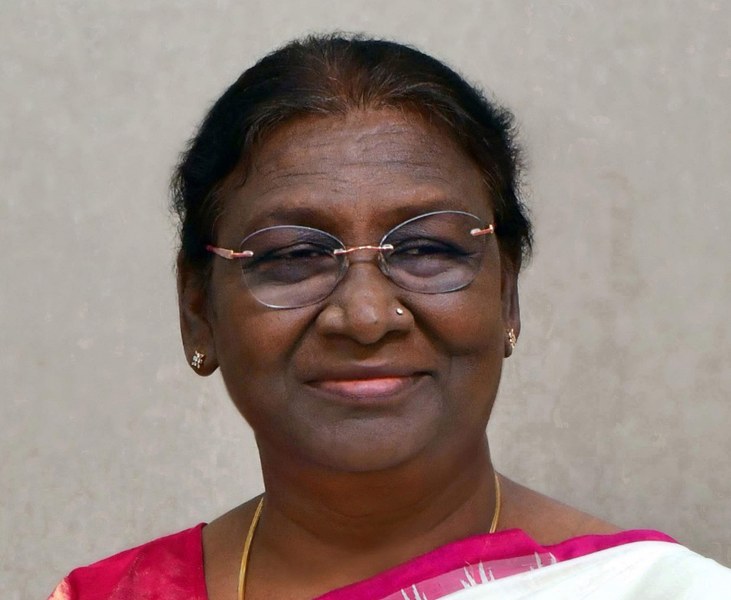 Criminal Code Bills
Criminal Code Bills
Three bills to replace British-era criminal laws get Prez Murmu's assent
New Delhi: President Droupadi Murmu approved the three new criminal code bills on December 25 that Parliament had ratified the previous week.
These new laws—the Bharatiya Nyaya Sanhita, the Bharatiya Nagarik Suraksha Sanhita, and the Bharatiya Sakshya Act—will replace the Indian Penal Code, the Code of Criminal Procedure, and the Indian Evidence Act of 1872, the Colonial-era criminal laws, reported The Hindu.
According to the report, the three bills seek to overhaul the criminal justice system by giving definitions of various offences and their punishments. It defines terrorism clearly and has introduced a new section titled “Offences against the State” while abolishing sedition as a crime.
In the revised version of the sedition law, the Bharatiya Nyaya Sanhita lists charges including secession acts, armed rebellion, subversive activities, separatist activities, and threatening sovereignty or unity.
Instead of being reported under the Indian Penal Code, all new First Information Reports (FIR) would be filed under the Bharatiya Nyaya Sanhita.
The INDIA bloc opposition parties are strongly against the laws, and during a floor leaders' conference, they discussed taking the bills to court after the president signs them into law, the report stated.
In a long post on micro-blog site X, former Finance Minister P Chidambaram, who is also a senior advocate in the Supreme Court, asserted that the “new Indian Penal Code has become more draconian” and contains many provisions that “are unconstitutional and violate Articles 19 and 21 of the Constitution.”
“Instead of strengthening ‘due process of law’, the new Criminal Procedure Code contains many provisions that severely restrict ‘freedom’ and ‘personal liberty’. The new provisions for arrest and police custody (that can extend custody up to 60 days or 90 days) will only lead to police excesses and custodial persecution,” Chidambaram said.
Just as the Christmas Day celebrations are coming to an end, we hear the news that the President has given her assent to the three criminal law Bills
— P. Chidambaram (@PChidambaram_IN) December 25, 2023
The new Indian Penal Code has become more draconian. If you realize that the Code is more often than not used against the poor,…
Earlier, replying to the discussion on the bills, Union Home Minister Amit Shah said that after the new laws are implemented, there will be one criminal justice system from Kashmir to Kanyakumari and from Dwarka to Kamakhya, according to a UNI report.
Stating that the present criminal laws are nearly 150 years old and were made by the British to primarily protect their treasuries and railways, Shah said that the new laws are victim-centric and accord top priority to matters related to the human body and the protection of women and children.
According to a UNI report, the bills were passed in the Upper House even though 46 Opposition members remained suspended for the remainder of the winter session of Parliament and thus could not participate in the discussions on the key criminal laws.
In Lok Sabha, too, 97 Opposition members remained suspended and hence could not witness the passing of the draft legislation.
Support Our Journalism
We cannot do without you.. your contribution supports unbiased journalism
IBNS is not driven by any ism- not wokeism, not racism, not skewed secularism, not hyper right-wing or left liberal ideals, nor by any hardline religious beliefs or hyper nationalism. We want to serve you good old objective news, as they are. We do not judge or preach. We let people decide for themselves. We only try to present factual and well-sourced news.







